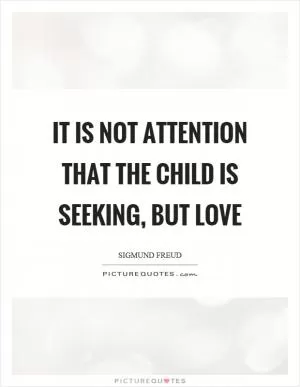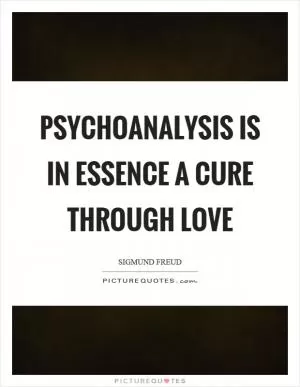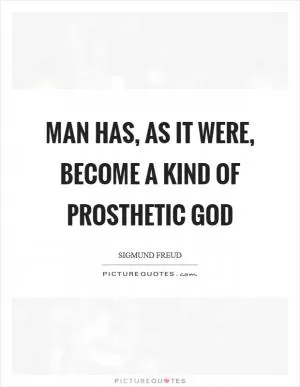Love and work. Work and love, that's all there is

Love and work. Work and love, that's all there is
Sigmund Freud, the renowned psychoanalyst, is often quoted as saying, “Love and work. Work and love, that's all there is.” This statement encapsulates Freud's belief in the fundamental importance of these two aspects of human life. Freud believed that love and work were the primary driving forces behind human behavior and that they were essential for a fulfilling and meaningful life.Freud's emphasis on love and work can be understood through the lens of his psychoanalytic theory. According to Freud, love and work are closely linked to our deepest desires and motivations. Love, in Freud's view, is a powerful force that shapes our relationships and influences our emotional well-being. It is through our relationships with others that we experience love, intimacy, and connection. Freud believed that our early experiences with love, particularly with our parents, play a significant role in shaping our adult relationships and emotional development.
Similarly, work is a crucial aspect of human life that provides us with a sense of purpose, identity, and fulfillment. Freud believed that work was not just a means of earning a living but also a way of expressing our creativity, talents, and ambitions. He argued that our choice of work and our attitudes towards it reflected our inner desires, fears, and conflicts. For Freud, work was a way of channeling our energy and achieving a sense of mastery and accomplishment.
Freud's emphasis on love and work can also be seen in his theories of psychosexual development and the Oedipus complex. Freud believed that our early experiences with love and attachment, particularly with our parents, influenced our later relationships and emotional development. He argued that unresolved conflicts and desires from childhood could manifest in our adult relationships and behaviors.












 Friendship Quotes
Friendship Quotes Love Quotes
Love Quotes Life Quotes
Life Quotes Funny Quotes
Funny Quotes Motivational Quotes
Motivational Quotes Inspirational Quotes
Inspirational Quotes